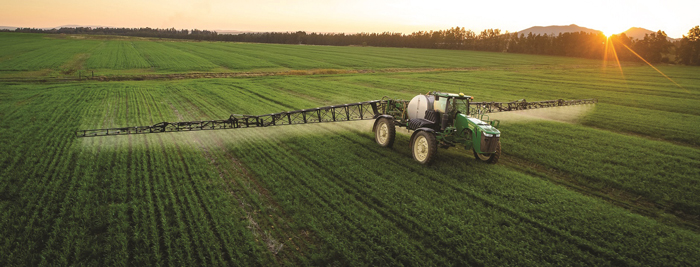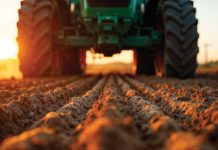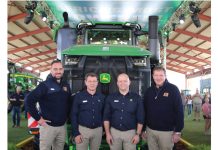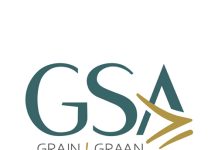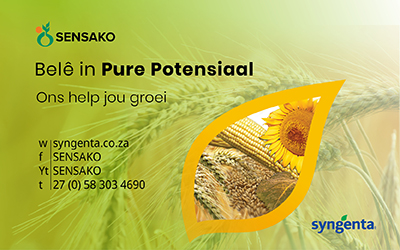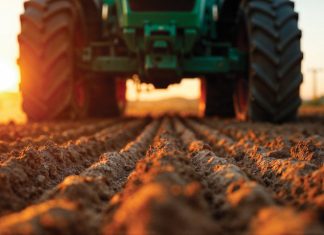Crop protection is a vital pillar in the continuous pursuit of our producers to provide enough food for the growing population, but it should not pose a risk to human health or the environment. That is why it is so important that everyone who works with these products are properly trained in the responsible use thereof.
This kind of training cannot be treated as a ‘nice to have’ and it is our collective duty as an industry to make the necessary information available to those who need it. Thankfully, with the dawn of the digital era, the tools available to reach as many people as possible are becoming more accessible.
Train the trainer
Last year, 2023, was the first year that CropLife SA embarked on an initiative to train as many people as possible in a ‘train the trainer’ responsible use module. The ultimate goal of these sessions is to equip those in the industry who regularly interact with producers and farmworkers, or who may offer other services to them, to be in a position to transfer the knowledge obtained in the module to those who need it most. The training was offered in a webinar format of which there were three dates to choose from. Subsequently the attendees had to complete an assessment to obtain their certificate of completion, as well as the accompanying training material. In addition, the module is a standard module on the CropLife SA CPD platform where crop advisers or technical personnel of CropLife SA member companies can complete their assessment at any time during the cycle to obtain ‘certified responsible use trainer’ status.
The training consists of numerous aspects pertaining to responsible use, such as wearing the correct personal protective clothing, the safe mixing, application, storage and transport of crop protection products, what to do in an emergency and what should be on the label. The Globally Harmonized System of Classification and Labelling of Chemicals (GHS) became a legal requirement as from September 2022 and is stipulated in the Regulations for Hazardous Chemical Agents No. R280 of 29 March 2021. It requires that labels and safety data sheets of crop protection products follow a standardised approach in communicating the hazards of the chemical that are critical for producers and farmworkers to take note of.
Hazards associated with a particular chemical, their nature and severity, are communicated through a number of elements, such as hazard statements, hazard pictograms and signal words on both the label and the safety data sheet of the product. In addition, the regulations pertaining to agricultural remedies that were published in August 2023 also stipulate requirements that must appear on the main and secondary panels of the label, such as a poison information centre number, emergency numbers, registration number and shelf-life or expiry date, to name a few.
So why is the label so important? According to Regulation No. R1716 of 26 July 1991, the use of a pesticide for any other purpose or in any other manner than what is instructed by its label, is illegal. So it goes to say that people working with these products must know how to interpret the label and where to find critical information. The new GHS layout will also signal certain actions that need to be taken by the producer or farmworker: For instance, all toxic products with the GHS signal word “DANGER” must be locked in a separate cage in the pesticide store.
Other topics that are covered in the training include compliance with the Occupational Health and Safety Act, 1993 (Act No. 85 of 1993) which compels farmworkers and producers who mix and apply pesticides to wear the appropriate personal protective clothing, as well as the extended producer responsibility regulations of the National Environment Management: Waste Act, 2008 (Act No. 59 of 2008) which requires that all empty pesticide containers be triple rinsed and recycled.
Over the past year, CropLife SA and its certified trainers offered responsible use training to nearly 6 000 producers and farmworkers. This is only the start – as more people are trained, the stewardship snowball just gets bigger. CropLife SA will continue to offer these webinars and training sessions during the course of 2024 and producers are encouraged to keep an eye out on the website, www.croplife.co.za, for more information. Together we can ensure that each person who is busy protecting our food crops, also knows how to protect themselves, their loved ones and the environment.
